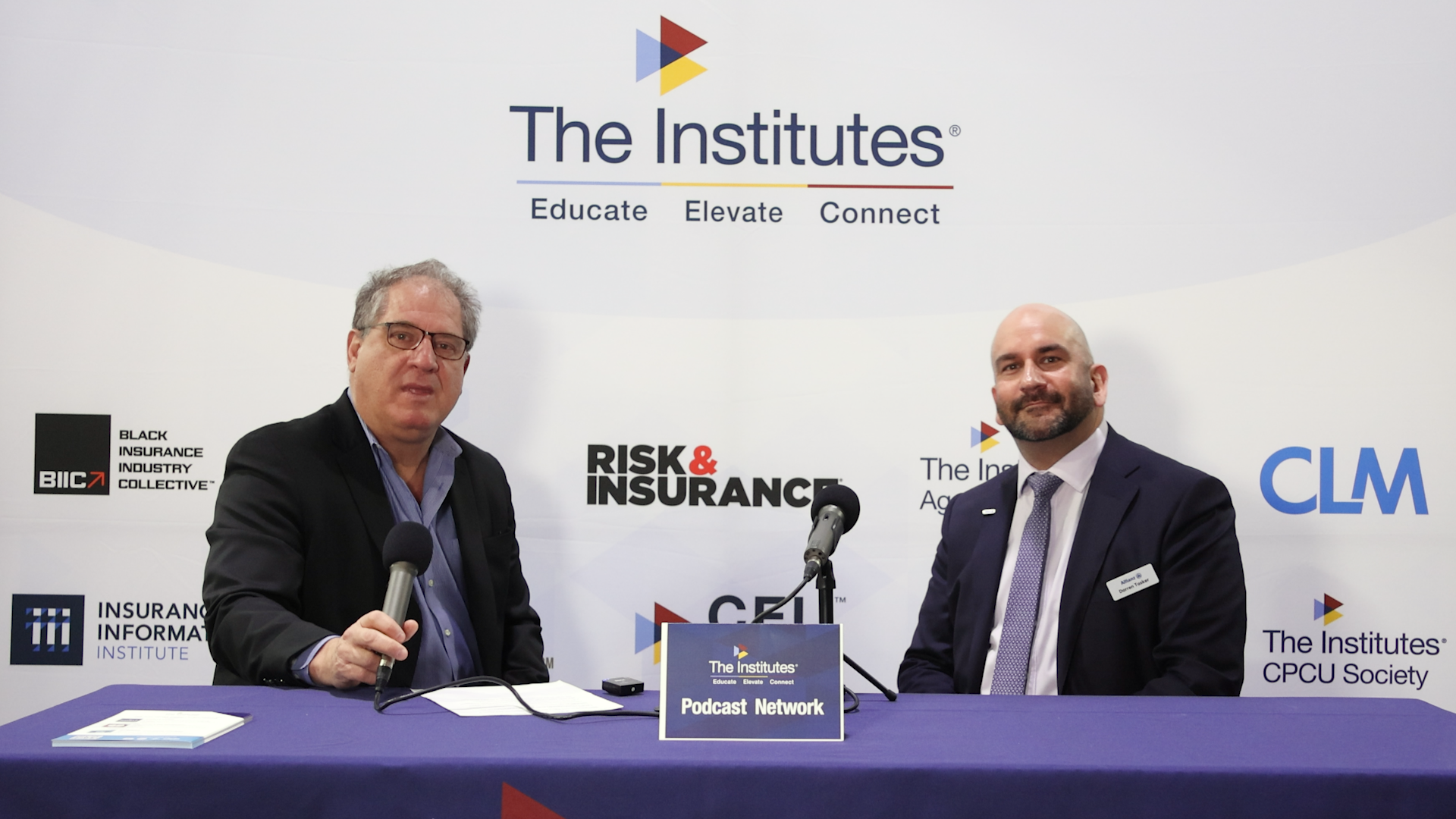FedEx Delivers on Life-Altering Risk Management
In 1966, Fred Smith wrote a college essay outlining overnight delivery service in a computer information age. The paper was given a C grade. His professor at Yale University advised him that he couldn’t hope to compete with the U.S. Post Office.
Smith brushed off that scholarly critique. After graduating with a degree in economics, he founded Federal Express. Now FedEx has worldwide operations with more than 425,000 employees, 625 aircraft and 80,000 ground vehicles serving more than 350 locations worldwide.
I’m reminded of Mr. Smith and competing with the post office by a recent online purchase.
Last week, Nordstrom sent my wife an email that said, “We’re happy to let you know that your item has shipped.”
This was good news. The shoes were needed for a party seven days later. No need for expensive overnight delivery.
The U.S. Post Office allows us to track the whereabouts of the parcel. After it left Salt Lake City, it went to Commerce City, CO; Kansas City, KS; Lenexa, KS; Parsippany, NJ; Warwick, RI; Shrewsbury, MA; Chelmsford, MA; and Hartford, CT.
We knew exactly where it was as we left for the party. It was located in Watertown, CT, 11.2 miles from our house.
Tracking the package was a lesson in geography. It’s also a lesson in risk management.
Ask someone, “What does the post office do?” The person is likely to say, “It delivers letters and packages.”
Ask the same question to Rob Carter, the chief information officer of FedEx, and you get a different answer.
“FedEx engineers time.”
The failure to distinguish between “engineering time” and “delivering packages” is risky indeed. Time does matter in the delivery business and failing to understand it can be painful.
As improbable as it may seem to some people, Cleveland holds one of the top three places in the world to go to for a heart transplant. Can you imagine what would happen if The Cleveland Clinic Heart and Vascular Institute used an unreliable delivery service to deliver hearts? Would they go through nine stops that include places like Lenexa, KS and Parsippany, NJ?
Assume a donor in Sacramento, Calif. dies at 4 p.m. on a Friday. It’s impossible to get a package from Sacramento to Cleveland in 15 hours.
Or is it?
FedEx and the medical professionals manage risk. The heart is removed immediately and packaged for shipping to arrive in Cleveland for insertion the next day.
FedEx manages every aspect of the delivery. The Cleveland Clinic springs into action, hospitalizing and prepping the patient and alerting the transplant team for next day surgery.
FedEx is at war. It offers solutions to allow customers to make things happen on timetables that otherwise would be impossible.
Like the post office, it gives customers the ability to see every inbound package even if they did not know it was coming. Different from its large competitor, it manages the risk of delay even when a premium price is not charged for something as trivial as a pair of shoes for a party.
Fred Smith showed that he could successfully compete with the post office. Partly thanks to FedEx, we have modern medical miracles taking place on a daily basis. In 2018, the U.S. had 3,400 heart transplants with an 87% one-year survival rate.
So now, a big question. The Yale professor was wrong. Did he ever change Fred Smith’s grade of C on the paper?
I’m hoping someone at FedEx reads this article and asks Fred. If you’re that person, please send me his answer. I just hope you don’t mail it. &










